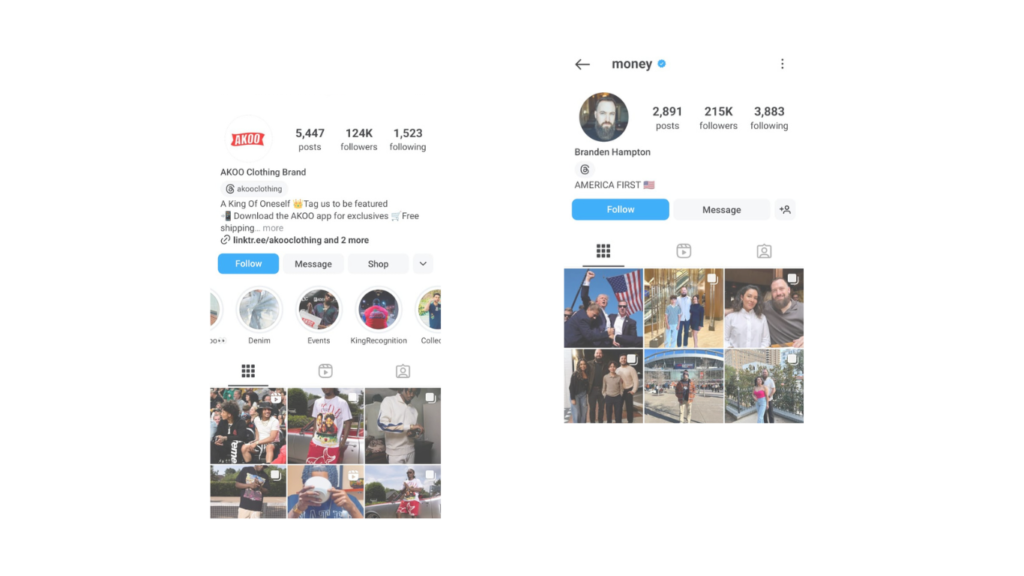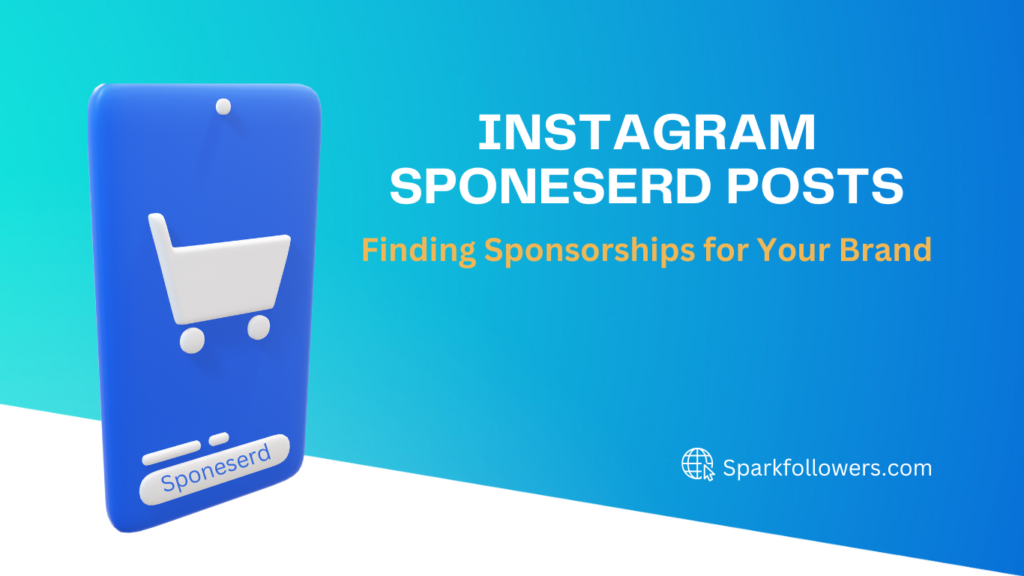Instagram has emerged as a powerhouse platform for brands looking to expand their reach and engage with their audience. One of the most effective strategies for brands on Instagram is the use of sponsored posts. These collaborations between influencers and brands not only help in boosting visibility but also lend authenticity to marketing efforts.
Understanding Sponsored Posts
What are Sponsored Posts?
Sponsored posts on Instagram are content pieces that influencers create in collaboration with brands. These posts are designed to promote the brand’s products or services to the influencer’s audience, often including a clear disclosure that the content is sponsored. This form of advertising leverages the trust and connection influencers have with their followers, making the promotion more organic and believable.
Benefits of Sponsored Posts for Brands
The benefits of sponsored posts are manifold. They can increase brand visibility, drive traffic to your website, boost sales, and enhance your brand’s credibility. By partnering with influencers who have a strong and engaged following, brands can tap into new audiences and build a loyal customer base.
Building Your Brand on Instagram
Creating an Engaging Profile

Your Instagram profile is your brand’s first impression. Ensure it is engaging and reflects your brand’s identity. Include a link to your website or landing page, create a captivating bio, and use a high-quality profile photo.
Developing a Consistent Brand Aesthetic
A consistent brand aesthetic is crucial for making your Instagram feed visually appealing. Choose a color palette, style of photography, and type of content that aligns with your brand’s image. Consistency helps in creating a recognizable and memorable brand presence.
Growing Your Followers Organically
Organic growth on Instagram involves attracting followers genuinely interested in your content. Post regularly, engage with your audience through comments and direct messages, use relevant hashtags, and collaborate with other influencers or brands to increase your visibility.
Identifying Potential Sponsors
Researching Brands that Align with Your Niche
Identify brands that share your values and cater to a similar audience. Research their current marketing efforts and see if they have partnered with influencers before. This will give you an idea of whether they might be open to a collaboration with your brand.
Analyzing Competitor Collaborations
Look at your competitors’ sponsored posts to understand which brands are willing to sponsor similar content. This can provide insights into potential sponsors and help you craft a more targeted pitch.
Using Influencer Marketing Platforms
Platforms like Influencer.co, AspireIQ, and FameBit connect brands with influencers. These platforms can help you find potential sponsors, manage campaigns, and track performance metrics, making the sponsorship process more streamlined.
Pitching to Sponsors
Crafting a Compelling Pitch
When reaching out to potential sponsors, your pitch should be compelling and personalized. Highlight why you are a good fit for their brand, what you can offer, and how the collaboration will benefit both parties.
Highlighting Your Brand’s Unique Value
Emphasize what sets your brand apart from others. Whether it’s your unique content style, your engagement rate, or your loyal following, make sure to highlight these aspects in your pitch.
Providing Analytics and Engagement Metrics
Include relevant analytics in your pitch to demonstrate your reach and engagement. Metrics like follower count, average likes and comments per post, and engagement rate can help potential sponsors gauge the value of a collaboration with your brand.
Negotiating Sponsorship Deals
Setting Clear Expectations
Clearly outline what you expect from the collaboration and what the sponsor can expect from you. This includes the type and number of posts, the content of the posts, and any other deliverables.
Discussing Compensation and Deliverables
Negotiate compensation based on the value you bring to the table. This can be in the form of monetary payment, free products, or services. Be clear about the deliverables, including deadlines and content guidelines.
Legal Considerations and Contracts
Ensure that all agreements are put in writing. A contract should outline the terms of the collaboration, including compensation, deliverables, and any legal considerations. This establishes clear expectations and safeguards both sides.
Creating Effective Sponsored Content
Understanding Sponsor Requirements
Each sponsor will have specific requirements for the content they want you to create. Make sure to understand these requirements fully before creating your content to ensure it meets their expectations.
Integrating Sponsored Content Seamlessly
Sponsored content should fit naturally within your regular posts. Aim for authenticity and creativity, ensuring that the sponsored posts resonate with your audience just as much as your organic content does.
Ensuring Authenticity and Transparency
Retaining your audience’s trust requires transparency. Always disclose sponsored content clearly, and strive to create authentic content that aligns with your usual style and values.
Promoting Sponsored Posts
Utilizing Instagram Features (Stories, Reels, IGTV)
Leverage all of Instagram’s features to promote sponsored content. Stories, Reels, and IGTV can add variety and reach different segments of your audience. Use these tools to create engaging and diverse content.
Engaging with Your Audience
Engagement is crucial for the success of sponsored posts. Respond to comments, engage with your followers in real-time during live sessions, and encourage user-generated content to increase interaction.
Cross-Promoting on Other Platforms
Amplify the reach of your sponsored posts by cross-promoting them on other social media platforms. Share your Instagram content on Facebook, Twitter, and Pinterest to drive more traffic and engagement.
Measuring Success
Tracking Key Performance Indicators (KPIs)
Monitor KPIs like engagement rate, reach, and conversion rate to assess the success of your sponsored posts. By understanding what works and what doesn’t, these measurements will help you improve your approach.
Analyzing Post Engagement and Reach
Look at the engagement and reach of your sponsored posts compared to your organic posts. This analysis will help you understand how well your audience is responding to the sponsored content.
Reporting Results to Sponsors
Provide detailed reports to your sponsors, showcasing the performance of the sponsored posts. Include insights and analytics to demonstrate the value of the collaboration and build trust for future partnerships.
Case Studies
Successful Instagram Sponsored Post Campaigns
Analyze case studies of successful sponsored post campaigns. Learn from the strategies used by other influencers and brands to improve your own sponsored content.
Lessons Learned from Notable Collaborations
Reflect on notable collaborations, identifying what worked well and what could be improved. Use these lessons to refine your approach to future sponsorships.
Recap of Key Points
Summarize the key points discussed in the guide. Highlight the importance of building a strong brand, identifying the right sponsors, crafting compelling pitches, and creating authentic sponsored content.
Future Trends in Instagram Sponsorships
Stay ahead of the curve by keeping an eye on emerging trends in Instagram sponsorships. Adapt your strategies to stay relevant and maximize the benefits of sponsored posts for your brand.
Finding sponsorships for your brand on Instagram requires a strategic approach, creativity, and a deep understanding of your audience. By following these steps and continuously refining your strategy, you can create effective sponsored posts that drive engagement, build brand loyalty, and generate revenue.

